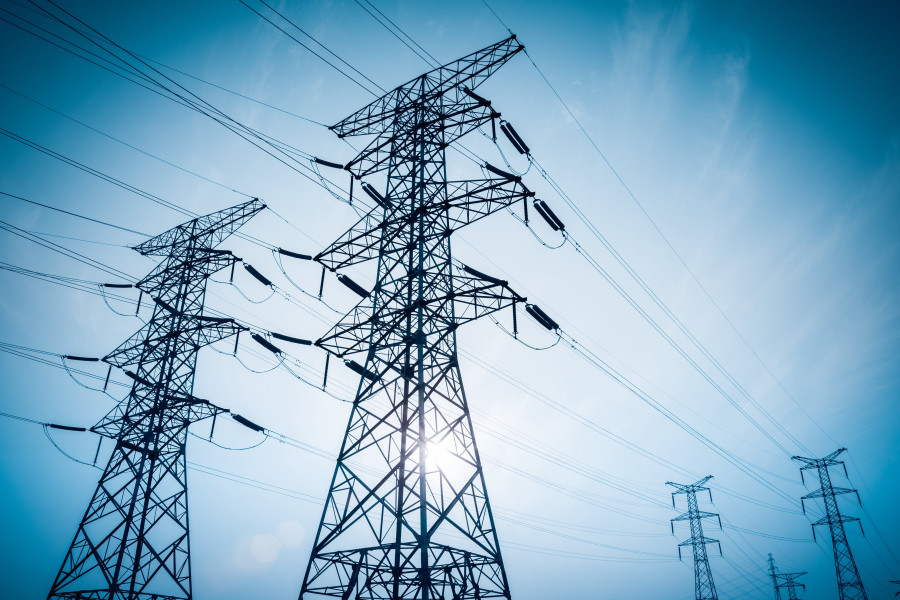Editorial
From shortage to surplus
We need a robust energy trade strategy to utilise the surplus energy we are going to produce soon.
Having lived through what is anecdotally called the "dark ages" between 2006 and mid-2017, when we survived power outages lasting up to 18 hours a day, we have now reached a stage where we have to worry about what to do with the excess electricity we are producing. That is a huge feat indeed, thanks to a neat energy management mechanism put in place and a flurry of electricity production activities in the post-Maoist insurgency period. Lately, Nepal has approached Punjab State Power Corporation Limited in its effort to sell 40 megawatts of electricity. The deal is yet to be finalised, but if it eventually goes through, it will be the first time for Nepal to sell its electricity to a foreign country and enter a new phase of income generation through energy sales that has remained a national fantasy as of now.
Exporting electricity is not going to be just a matter of prestige for Nepal and Nepalis, but also a necessity as the country is set to produce more electricity than it can consume in the near future. Nepal already has surplus energy during the wet season, and is expected to add 1,400-1,500 megawatts to the national grid this fiscal year, mainly from private producers, exacerbating the need to look for a foreign market to sell the excess power. The amount of electricity Nepal aims to produce within the next decade, through the government and the private sector both, runs into thousands of megawatts. Without a carefully laid-out energy trade plan, though, the country is certain to witness a huge wastage of electricity, which again is an unnecessary burden on the national economy.
Apart from coming up with an aggressive plan to sell electricity abroad, Nepal must also consider increasing electricity consumption within the country itself to reap the benefits of surplus energy. From household consumption to irrigation and industrialisation, Nepal has a long way to go towards making use of electricity to add an element of comfort in daily life besides fortifying the economy. The euphoria generated through the generation of energy should translate into a fine plan to turn it into an opportunity to transform the economy. The government’s focus should now be on enhancing the capacity of the stakeholders, from bureaucrats to private sector players, so that they can work in tandem to bring about transformative change in the energy sector and, by extension, to the economy.
The current government led by Sher Bahadur Deuba, in its bid to bring about reform in the Nepal Electricity Authority, is learnt to have initiated the process to re-appoint Kul Man Ghising as managing director and replace Hitendra Dev Shakya. Ghising’s tenure as the electricity body’s chief is certainly a landmark period, as the acumen he exhibited in energy management and leakage control helped leave the "dark ages" behind. But the Deuba government is set to bring back Ghising without clearly expressing why it considers it important to re-appoint a former official while it does not have a clear case against the current managing director. The search should be not for an individual hero but for a permanent system that works for the betterment of society. The government would do well to focus on creating a condition where bureaucrats of Ghising's calibre are not the exception but the rule. That is what ensures a transformative change in our system.




 9.7°C Kathmandu
9.7°C Kathmandu














